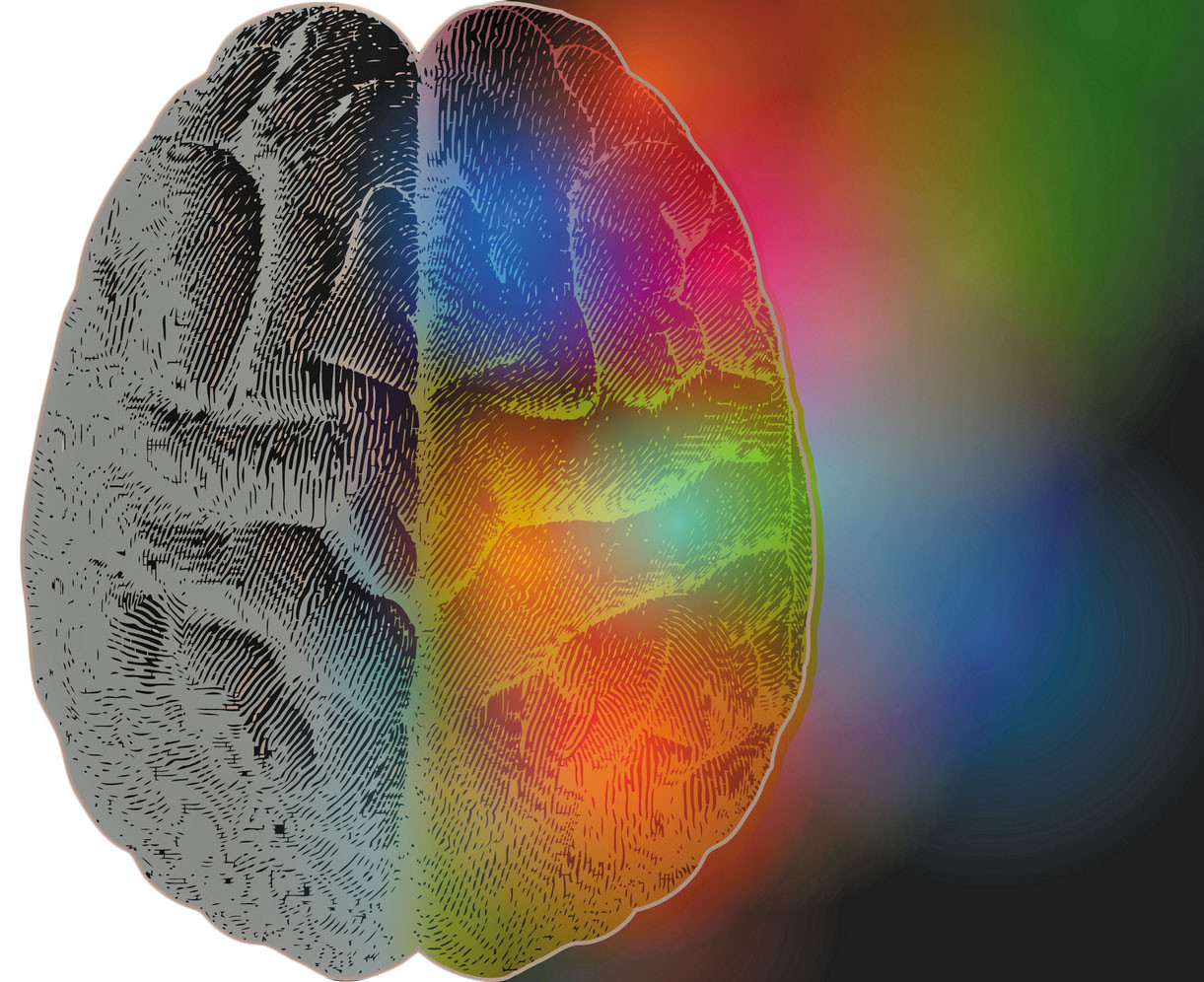
New thinking about plaque in arteries that feed the brain

Want to prevent shifting teeth? Maybe you need retainers

What you need to know about the new dietary guidelines

Food that’s healthier for people and planet can be cheaper, too

New evidence that polyphenol-rich foods help the heart

8 simple ways to reduce ultra-processed foods in your diet

How to curb your stress eating

How to spot Parkinson’s disease symptoms

Heart failure symptoms in women: How they’re different

GERD diet: Foods to avoid to reduce acid reflux
Mental Health Archive
Articles
Long-lasting grief when close friends pass
News briefs
Losing a loved one is never easy, and sometimes it can take years to grieve for a partner, parent, or child. That grief often comes with adverse health effects, such as stress, depression, insomnia, high blood pressure, and heart problems. But long-lasting grief doesn't come only from a family member's death, suggests a study published online April 4, 2019, by PLOS One. Researchers evaluated questionnaire responses from about 9,600 people who'd lost close friends and found this type of grief can last up to four years. Women in the study were particularly hard hit by loss of a close friend, experiencing more problems with mental, emotional, and social health than men. Study authors say the passing of a close friend should be considered a substantial experience that warrants help (like a support group) to minimize the negative effects of grief.
Our take: Grief of any kind poses a health risk, whether it's due to the loss of someone dear or a dramatic change in life, such as a job loss or a move to a new city. During such times, be especially vigilant about reporting disturbing new symptoms to your doctor.
Get the facts about memory loss
Many conditions can affect your memory and thinking.
Dementia, Alzheimer's disease, mild cognitive impairment. These terms are often mentioned together to describe age-related memory loss. While they are linked in some ways, they are not necessarily the same, and they often affect people differently.
"Even though memory loss is more common as you age, it is not part of normal aging," says Dr. Gad Marshall, associate medical director of the Center for Alzheimer Research and Treatment at Harvard-affiliated Brigham and Women's Hospital. "Either sudden or gradual persistent changes in memory loss and mental lapses can be signs of more serious conditions."
What can you do to avoid Alzheimer’s disease?
How a healthy lifestyle can make a difference in Alzheimer’s prevention.
Alzheimer's disease, the most common form of dementia, is characterized by the accumulation of two types of protein in the brain: tangles (tau) and plaques (amyloid-beta). Eventually, Alzheimer's kills brain cells and takes people's lives.
Alzheimer’s causes
What causes Alzheimer's? We still aren't sure. "For 1% of all cases, there are three genes that determine definitively whether or not you will have Alzheimer's, and all three relate to amyloid-beta production, which in these cases is likely the cause of Alzheimer's," says Dr. Gad Marshall, associate medical director of clinical trials at the Center for Alzheimer Research and Treatment at Harvard-affiliated Brigham and Women's Hospital. "For the other 99%, amyloid and tau are closely associated with Alzheimer's, but many things may contribute to the development of symptoms, such as inflammation in the brain, vascular risk factors, and lifestyle."
DNA testing forever changed donor conception
DNA testing kits can upend identity and spark a multitude of questions for some children conceived with donor sperm and parents who hadn’t shared origin stories.
A 20-minute nature break relieves stress
In the journals
Spending just 20 minutes connecting with nature can help lower stress hormone levels, according to a study in the April 4, 2019, Frontiers in Psychology. Previous research has shown that interacting with nature reduces stress, but it is not clear how long and how often the engagement needs to be, or even what kind of nature experience is best.
Here, researchers asked 36 people to spend 10 minutes or longer, three days a week for eight weeks, in an outdoor place where they could interact with nature. The settings varied from yards to public parks to green areas near their place of work. They also either walked or sat during their nature time.
An underused option for severe depression
A new study supports the use of noninvasive brain stimulation in people with severe depression who haven't responded to medication.
If medication isn't helping to ease severe depression, nonsurgical brain stimulation may be an effective alternative to consider, according to a study published online March 27 by The BMJ. Specifically, the study found that evidence seems to back the use of repetitive transcranial magnetic stimulation (rTMS) and electroconvulsive therapy (ECT) over other, newer brain stimulation therapies.
"Many psychiatrists are unaware of these techniques, or at least don't think to recommend them for their patients," says Dr. Daniel Press, associate professor of neurology at Harvard Medical School and the clinical director for the Berenson-Allen Center for Noninvasive Brain Stimulation at Beth Israel Deaconess Medical Center. "So, studies like this are helpful in raising the banner and reminding people that these are very effective options for a large percentage of people."
Trouble keeping information in mind? Could be sleep, mood — or age
Most people experience some degree of decreased memory as they get older, but memory performance is also affected by mood and sleep quality, and these are factors that can be controlled and improved.
Father’s Day: Tools for coping when celebration brings pain
While Father’s Day gets less sentimental build up than Mother’s Day, it may still bring out intense emotions for many men even if they are not parents themselves.
Cannabis is medicine — don’t make it taste good
The increasing availability of cannabis-containing edibles has fueled debate about their safety. As emergency visits rise for treatment related to edibles, some common-sense thinking about how these products are packaged and sold is needed.
Regain your confidence
Lost your self-confidence? These five strategies can help you find it.
As you become older, it's common to lose some confidence as your body changes and you face life-altering events, like retirement, health issues, and loss of loved ones.
"Yet many men don't recognize the impact that lack of confidence can have on their lives," says Fred Silverstone, a licensed mental health counselor and founder of the SAGE (Successful Aging through Group Engagement) program at Harvard-affiliated McLean Hospital. "It can make men more withdrawn, less active, and more fearful about everyday events like driving and handling technology. They begin to believe they can't live like they once did."

New thinking about plaque in arteries that feed the brain

Want to prevent shifting teeth? Maybe you need retainers

What you need to know about the new dietary guidelines

Food that’s healthier for people and planet can be cheaper, too

New evidence that polyphenol-rich foods help the heart

8 simple ways to reduce ultra-processed foods in your diet

How to curb your stress eating

How to spot Parkinson’s disease symptoms

Heart failure symptoms in women: How they’re different

GERD diet: Foods to avoid to reduce acid reflux
Free Healthbeat Signup
Get the latest in health news delivered to your inbox!
Sign Up











